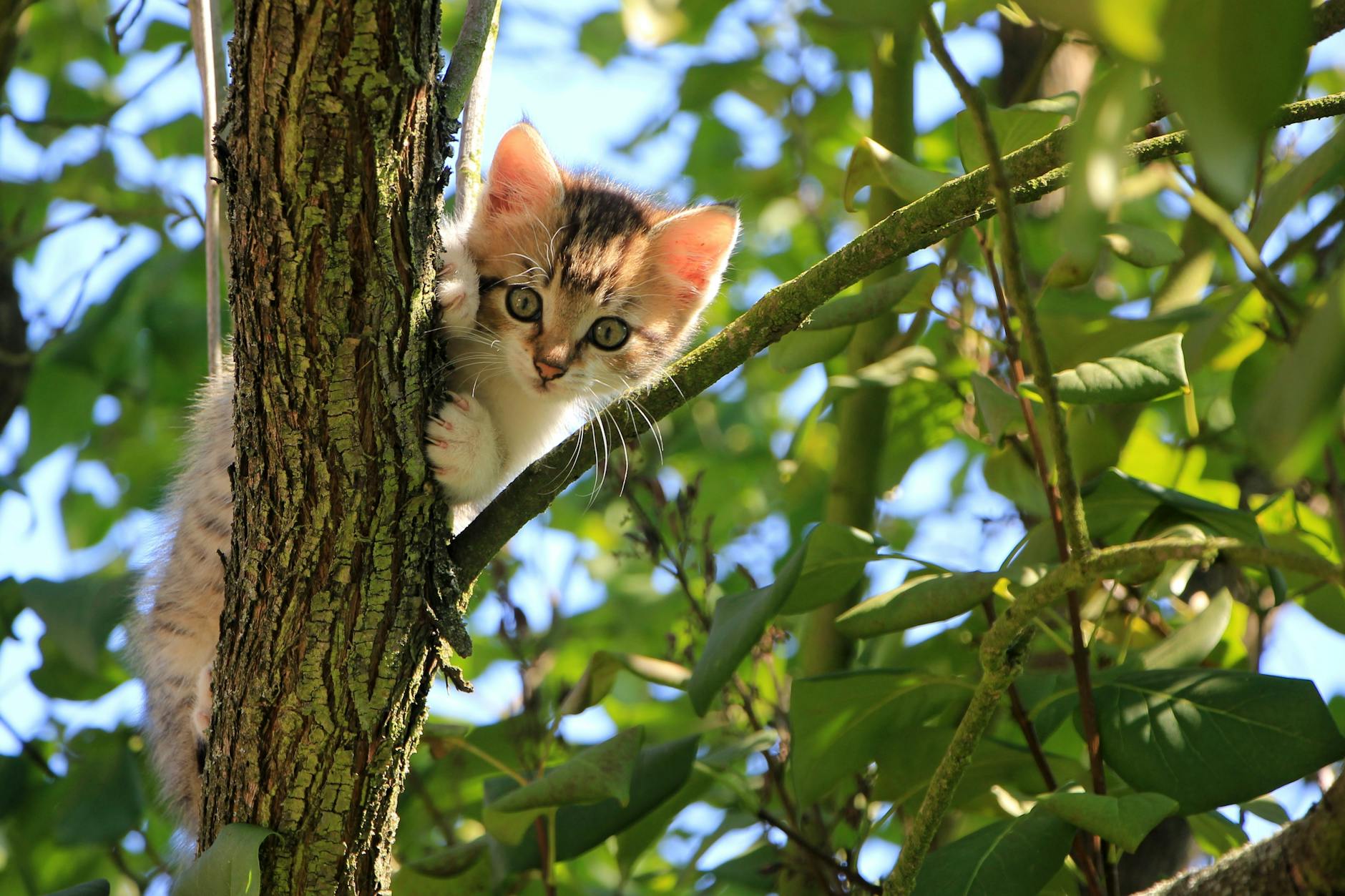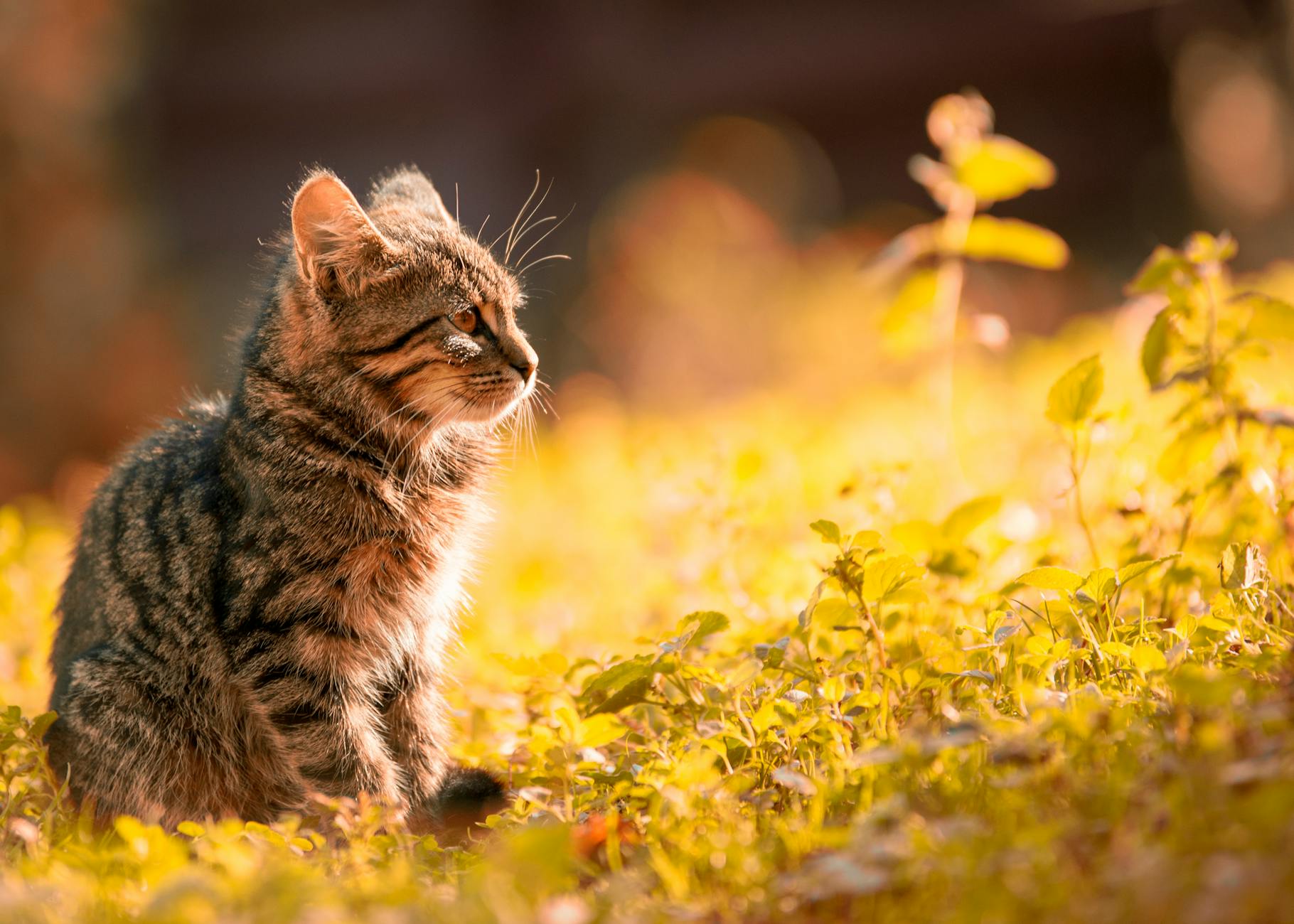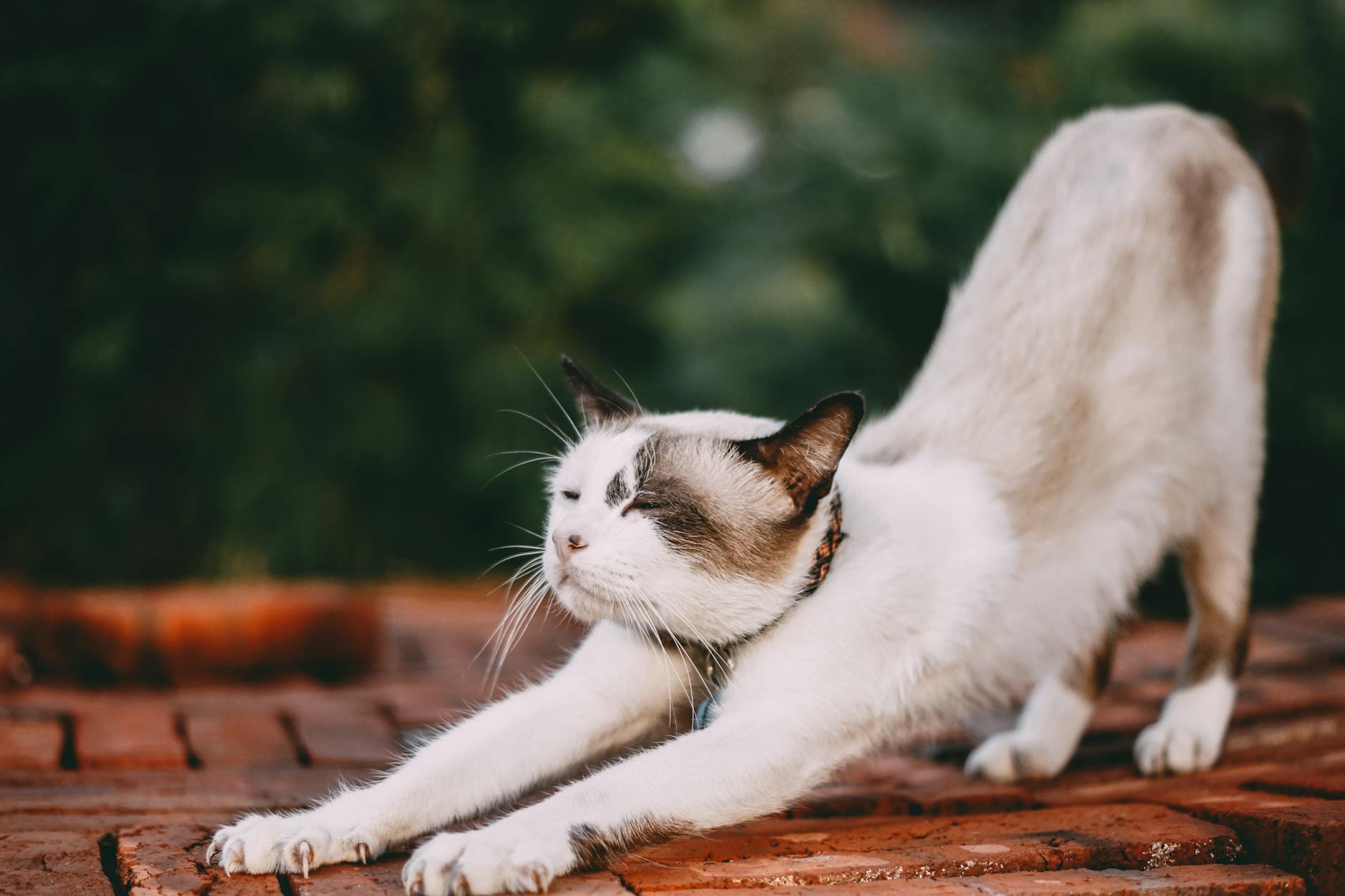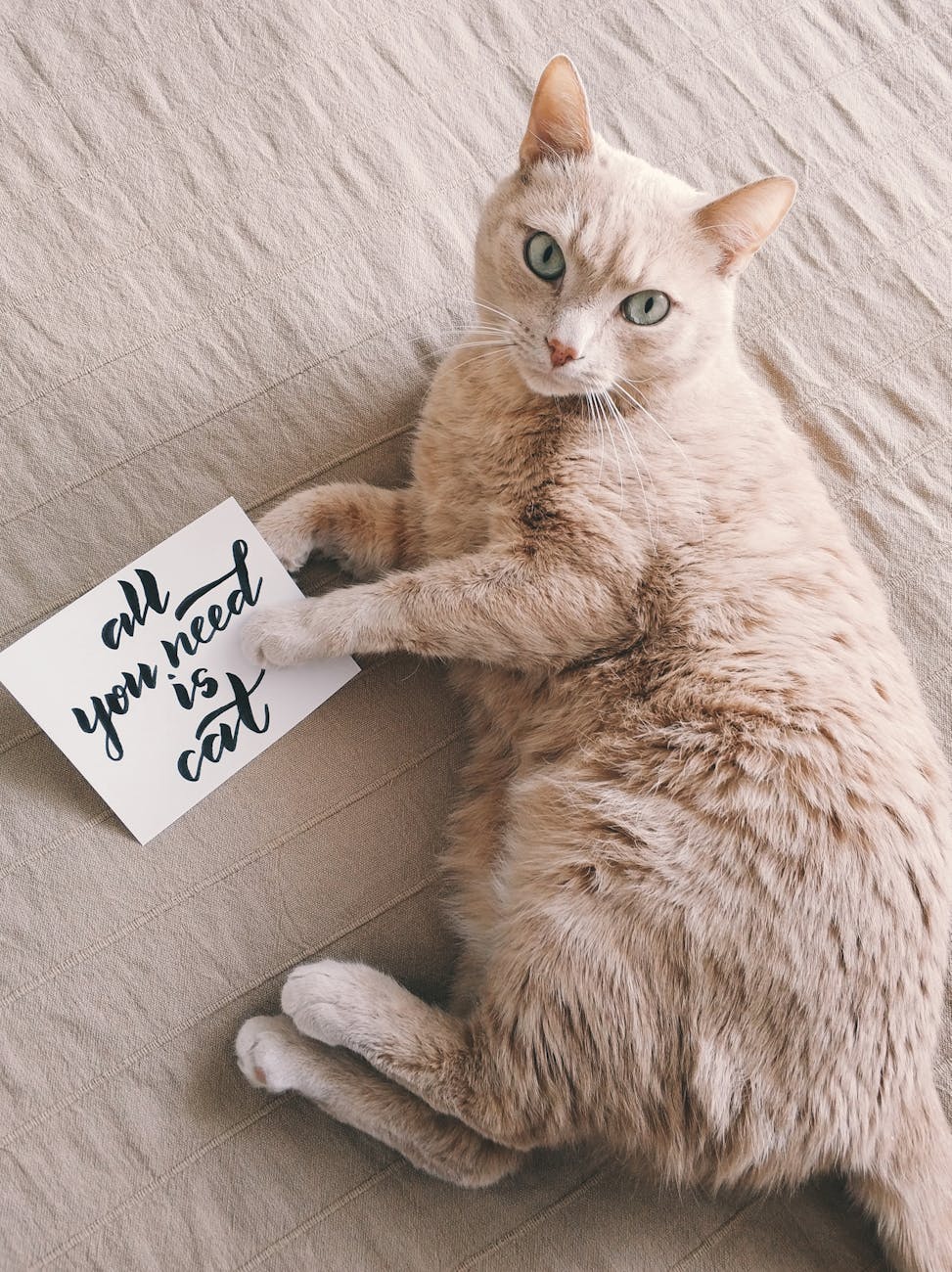If you’ve ever found yourself asking, "why does my cat keep sneezing," you’re not alone. Sneezing in cats can arise from various causes ranging from allergies to infections. Moreover, understanding the underlying reasons is crucial for effective management. In this post, we will explore the common triggers behind your feline friend’s sneezes, as well as possible solutions and preventative measures to ensure their well-being. By addressing your concerns, we aim to equip you with the knowledge to keep your cat healthy and happy.
Understanding Cat Sneezing: An Overview
When you notice your cat repeatedly sneezing, it’s natural to wonder, why does my cat keep sneezing? Sneezing serves as a reflex to clear the nasal passages, helping your feline friend expel irritants such as dust, pollen, or foreign objects.
Key Points to Consider:
- Normal Response: Sneezing is common and can occur occasionally without cause for concern.
- Frequency Matters: A few sneezes now and then is normal, but persistent sneezing may indicate underlying issues.
- Potential Triggers: Common culprits for sneezing include:
- Allergens (pollen, dust)
- Infections (viral or bacterial)
- Nasal obstructions (foreign bodies)
Understanding the reasons behind sneezing can aid in identifying when it’s simply a natural occurrence versus when it may signal a health concern. If you ponder, why does my cat keep sneezing? keep an eye on other symptoms like discharge or lethargy. This awareness is crucial for maintaining your cat’s health and well-being.

Common Causes of Sneezing in Cats
If you’re wondering why does my cat keep sneezing, several common causes could be at play. Understanding these factors can help you pinpoint the issue:
- Allergies: Cats can be sensitive to pollen, dust, mold, and certain foods. Allergens trigger sneezing as a defense mechanism.
- Infections: Viral or bacterial infections, such as feline herpesvirus, can lead to respiratory issues and persistent sneezing.
- Nasal Obstructions: Foreign objects like grass or dirt can irritate your cat’s nasal passages, causing sneezing.
- Dental Issues: Infections in the mouth or teeth can affect the sinuses, leading to an increase in sneezing.
- Environmental Irritants: Smoke, strong fragrances, or cleaning agents can irritate your cat’s delicate respiratory system.
Quick Comparison of Common Causes
| Cause | Symptoms | Treatment |
|---|---|---|
| Allergies | Sneezing, itchy eyes | Antihistamines, avoiding irritants |
| Infections | Sneezing, coughing | Antibiotics, antiviral medication |
| Nasal Obstructions | Sneezing, nasal discharge | Veterinary removal |
| Dental Issues | Sneezing, bad breath | Dental cleaning, extraction |
| Environmental Irritants | Sneezing, watery eyes | Minimize exposure |
Understanding these common causes is crucial for determining why does my cat keep sneezing and deciding the next steps toward a solution.
Allergies and Environmental Irritants
Understanding why does my cat keep sneezing may involve considering allergies and environmental irritants. Just like humans, cats can develop allergic reactions to various substances. Here are some common triggers:
- Pollen: Seasonal changes can introduce new outdoor allergens.
- Dust Mites: Often found in homes, these tiny creatures can cause sneezing.
- Mold: Damp areas can grow mold, leading to respiratory issues.
- Perfumes and Household Cleaners: Strong scents can irritate a cat’s sensitive nose.
Symptoms of Allergies
Besides sneezing, look for these signs:
- Itchy skin or fur
- Watery eyes
- Excessive grooming
Comparison of Allergies vs. Infections
| Symptoms | Allergies | Infections |
|---|---|---|
| Sneezing | Common | Possible |
| Nasal discharge | Clear and watery | Thick and discolored |
| Itching | Yes | Rarely |
| Fever | No | Yes |
If you find yourself asking why does my cat keep sneezing, consider these allergens. Identifying the cause can lead to effective management and a happier, healthier cat.
Infections and Respiratory Diseases
When pondering why does my cat keep sneezing, it’s crucial to consider infections and respiratory diseases as potential culprits. Cats can develop respiratory issues that originate from various infections, such as:
Viral Infections:
- Feline Herpesvirus
- Feline Calicivirus
Bacterial Infections:
- Chlamydia
- Bordetella
These infections often present with additional symptoms, such as:
- Coughing
- Nasal discharge
- Loss of appetite
- Fever
Infections can impair your cat’s respiratory system, leading to chronic sneezing episodes. It’s essential to differentiate between occasional sneezing due to mild irritations and persistent sneezing resulting from a serious illness.
Key Considerations:
| Symptom | Possible Cause |
|---|---|
| Frequent sneezing | Viral or bacterial infection |
| Nasal discharge | Upper respiratory infection |
| Coughing | Potential respiratory disease |
If you’re concerned and asking yourself why does my cat keep sneezing, monitor for additional symptoms and consider a veterinary consultation to ensure your furry friend gets the proper care.

Nasal Obstructions: What to Look For
When considering why does my cat keep sneezing, nasal obstructions can often be a significant factor. These blockages may originate from various sources, including foreign objects, growths, or excessive discharge. Here’s what to observe:
- Signs of Discomfort: If your cat seems to paw at its nose or shake its head frequently, this may indicate irritation or pain caused by an obstruction.
- Nasal Discharge: Look for any unusual discharge from your cat’s nose. Clear, yellowish, or greenish discharge can signify a blockage or infection.
- Changes in Breathing: Note if your cat shows signs of labored breathing or snoring, as these can suggest a compromised airway.
- Loss of Appetite: Cats with nasal issues often struggle to smell their food, leading to decreased interest in eating.
If you notice any of these symptoms, it’s important to consult a veterinarian promptly. Understanding why does my cat keep sneezing can help you identify nasal obstructions and ensure your feline friend remains healthy and comfortable.
When to Consult a Veterinarian
If you find yourself wondering, "why does my cat keep sneezing," it’s crucial to determine when professional help is necessary. Here are some signs indicating that a visit to the veterinarian is essential:
- Excessive Sneezing: If your cat sneezes frequently, more than just a few times a day, it’s time to consult a vet.
- Persistent Discharge: Noticeable mucus or blood in your cat’s nasal discharge could indicate a serious issue.
- Loss of Appetite: If sneezing coincides with a decreased interest in food, seek veterinary advice.
- Coughing or Wheezing: If your cat shows any signs of trouble breathing or persistent coughing, don’t wait.
- Lethargy: A noticeable change in your cat’s energy levels can signal an underlying health problem.
In summary, understanding why does my cat keep sneezing is vital, but recognizing when to consult a veterinarian is equally important. Addressing symptoms early can lead to better health outcomes for your pet.
Home Remedies and Treatment Options
If you’re wondering why does my cat keep sneezing, there are several home remedies and treatments you can try. Addressing the underlying cause of your cat’s sneezing will often guide your choice of remedy. Here are some effective options:
Steam Therapy: Create a steam-filled bathroom and let your cat breathe in the humid air. This helps to moisten nasal passages and reduce sneezing.
Saline Nose Drops: Use saline drops made specifically for cats to help clear nasal congestion.
Humidifier: Set up a humidifier in your home, especially during dry seasons, to maintain moisture in the air.
Hydration: Ensure your cat stays well-hydrated. Encourage water intake by offering fresh water or wet food.
Allergy Management: Identify and minimize exposure to allergens like dust, molds, and pollen. Regular cleaning can significantly reduce irritants.
Monitoring your cat’s condition will inform you if these remedies work. If sneezing persists or worsens, consult a veterinarian. Understanding why does my cat keep sneezing can help you find the right treatment.

Preventative Measures for a Healthy Cat
To keep your cat healthy and minimize the chances of sneezing, it’s important to implement some preventative measures. Here are key strategies to consider:
- Regular Vet Check-ups: Schedule annual visits, so your vet can monitor your cat’s health and catch potential issues early.
- Maintain a Clean Environment: Frequently clean your home to reduce dust, allergens, and potential irritants that can lead to sneezing.
- Air Quality Control: Use air purifiers to filter allergens. Keep your home well-ventilated to avoid stagnant air.
- Proper Nutrition: Provide a balanced diet rich in nutrients to strengthen their immune system.
- Limit Outdoor Exposure: Keep them indoors as much as possible to protect them from pollen and other allergens.
- Monitor Changes in Behavior: Always be observant. If you notice anything unusual, such as a persistent sneeze, consult your veterinarian.
By addressing why does my cat keep sneezing with these preventative measures, you can foster a healthier lifestyle for your feline friend, ultimately enhancing their quality of life.
Frequently Asked Questions
What are the common causes of sneezing in cats?
Sneezing in cats can be caused by a variety of factors. Common causes include allergies to dust, pollen, or certain chemicals in their environment. Infections, such as feline viral rhinotracheitis or cat flu, can also lead to sneezing. Additionally, nasal irritants like smoke, strong odors, or foreign bodies in their nasal passages are potential culprits. Identifying the root cause often requires careful observation and, if necessary, veterinary consultation.
Is sneezing a serious issue in cats?
While occasional sneezing in cats can be normal, persistent sneezing can indicate a underlying health issue. If a cat sneezes frequently or exhibits other symptoms like nasal discharge, coughing, lethargy, or loss of appetite, it is crucial to seek veterinary attention. Such symptoms may signal respiratory infections or other medical conditions that require treatment. Therefore, it is essential to monitor the frequency and context of your cat’s sneezing.
How can I help alleviate my cat’s sneezing?
To alleviate sneezing in your cat, first identify potential allergens or irritants in their environment and minimize exposure to these triggers. Ensure their living space is clean by regularly vacuuming and using air purifiers. Providing a humidifier can also help ease nasal congestion. If your cat continues to sneeze, consider consulting a veterinarian for advice and potential treatments, which may include antihistamines or nasal sprays as prescribed.
When should I take my cat to the vet for sneezing?
You should take your cat to the vet for sneezing if it persists for more than a couple of days or is accompanied by other alarming symptoms such as difficulty breathing, swelling around the eyes, severe lethargy, or loss of appetite. Additional warning signs include excessive drooling, vomiting, or any unusual behavior. Early veterinary intervention can help diagnose and treat any underlying health issues effectively.



